
You’re a self-publishing author and have found your perfect editor or proofreader … then they send you a quote. Ouch! Why do editors charge so much?
If you’ve ever sought the services of a professionally trained freelance editor or proofreader, you may have been surprised at the cost of editing. After all, we’re just reading through your book to look for a few basic errors, aren’t we?
Actually, no. A professional editor or proofreader does far more than simply point out typos and grammatical mistakes. Depending on the level of editing, we look out for a host of issues, including grammar, spelling, punctuation, flow and tone issues, structural and plot issues, character arc problems, repetition, factual inaccuracies, inconsistencies and much, more more.
In addition, there are many hidden costs to running a freelance editing business. A credible, skilled editor will have also spent much time and money over the years gaining knowledge and expertise, and will continue to do so.
You get what you pay for
If an editor quotes you a price that seems too good to be true, those alarm bells you hear are sounding for a reason. Editing is one of those services that you very much ‘get what you pay for’. As there is no official regulation of the industry, anyone can call themselves an editor, so don’t simply go for the cheapest quote you receive. It is likely to be a false economy.
You will need to set aside a large chunk of your self-publishing budget for the editing process if you don’t want your book to launch full of mistakes and attract poor reviews. You may even find yourself having to hire a new editor, at the right price, to right the wrongs of the cheap one.
Before you hit Reply to ask your editor to justify their eye-watering quote, thereby embarrassing yourself and them, read on to understand what is really behind the cost of editing and why, in fact, you may actually be getting a bargain.
What is included in the cost of editing and proofreading?
1. Time spent editing
This is the obvious, visible element of what we editors do. Editing takes a long time when done properly by a skilled, trained professional.
You can’t compare how long it takes you to read a book with how an editor works through your manuscript.
Many editors, myself included, carefully work through a manuscript at least twice (these are called ‘passes’). How many hours an edit takes depends on certain variables, such as the level of editing you’ve paid for, how much intervention is needed, whether the author’s first language is English, and more.
To give you an idea of how long an edit can take, here are five projects I’ve worked on over the past few months and the number of hours I spent on them. These times don’t include meetings and email conversations with the client, or admin tasks such as invoicing, creating supporting documentation etc. – they are purely spent editing:
- line and copyedit of a 100K-word novel set in France: 80 hours
- line and copyedit of a 70K-word non-fiction self-help manuscript: 55 hours
- line and copyedit of a 60K-word compilation of short stories: 40 hours
- copyedit of a 110K-word fantasy fiction manuscript: 85 hours
- proofread of a 72K-word novel set in France: 35 hours
Also, bear in mind that editing takes a lot of concentration. Most editors can’t work on a manuscript for more than three or four hours each day, so they spread their editing work across a longer time, rather than diving into a project for eight hours a day.
Your editor’s work on your project doesn’t stop at the tasks you can see them doing, such as using tracked changes and comments or meeting with you on a video call. The cost of editing includes many non-billable tasks, including:
- invoicing and finances
- setting up and populating a style sheet and editorial report
- logging time and other statistics
- thinking time – a good editor will spend a lot of time pondering on the right word to match your author voice, the flow of your narrative or your character’s personality.
2. Business costs
Equipment, software and bills are just three costs of running an editing business.
All freelancers, not just self-employed editors and proofreaders, need to cover all the costs of running their business. Some of the business costs you may not have considered are:
- Website costs (e.g. hosting, security/privacy, storage, plugins)
- Office equipment (e.g. computer, tablet, printer, scanner)
- Software (e.g. invoicing and finances, editing tools, design platforms)
- Reference books and subscriptions (e.g. dictionaries, style guides, grammar books)
- Professional memberships (e.g. CIEP, ALLi, EFA)
- Marketing (e.g. ad campaigns, ad slots on podcasts, adverts in trade magazines)
- Bills to run our office (e.g. heating, lighting, water, broadband)
These costs aren’t one-offs, either. Most are regular payments, and even computers eventually need upgrading. Freelance editors must earn a certain amount each year to cover these business costs that employees take for granted (because their company foots the bill).
3. Non-billable tasks
Freelance editors must spend part of each working day completing tasks that aren’t directly related to your project but that contribute to the success of their business.
It is probably thanks to these non-billable tasks that you found your editor or proofreader in the first place. If they hadn’t written that article, shared that post on social media or created a listing in that directory, you wouldn’t have come across them and contacted them for a quote.
Self-employed editors, like all freelancers, have to wear many hats, not just that of ‘editor’. We are the CEO of our business, plus finance manager, marketing manager, website manager, human resources manager, and more. All these roles include tasks that are not editing, yet take time if our editing business is to run smoothly and professionally.
4. Upkeep of a freelance editing business
There are many costs associated with running an editing business and our own lives, before we even start thinking about buying reference books, equipment and software.
I’ve already mentioned business costs. Other costs are higher for some freelance editors than others. For example, an editor who is full-time freelance and supporting a family will have higher costs in this area than someone dabbling in editing around a full-time job and who doesn’t have dependants (or ‘dependents’ in US English!).
I’m talking about costs such as:
- Tax and national insurance (we need to set aside around 30% of our income to cover this, as it doesn’t automatically come out of our pay)
- Pension and healthcare (obviously this isn’t paid by our employer because we don’t have one!)
- Holiday pay (we don’t get paid if we don’t work, so the money we receive when we’re working needs to fund time off)
- Supporting dependants (freelance editors with children, aging relatives financially reliant on them, and other dependants, will have significantly higher outgoings than those without these responsibilities)
- Inflation (goes up every year!)
- Food, clothes, transport, rent/mortgage (you know – living!)
All these factors, and more, contribute to the cost of editing.
5. Value for a lifetime
Your book will outlive you. If it is edited well, you will continue to reap the rewards in royalties, good reviews and sales of future works.
Most professional editors and proofreaders have been perfecting their craft for years. Remember, you aren’t just paying for a few corrections to your book. Apart from all the above, you’re also paying for an increase to your book’s value and what the editor brings as a creative member of your publishing team.
If you will be using your non-fiction book to promote your business or service, a professionally trained and skilled editor will raise it to the next level and help you attract your ideal clients.
If you want to inspire or move people with your novel, an experienced fiction editor will apply their extensive knowledge of writing craft to polish your words and engage your readers.
Every editor is unique. We each have our own style and approach to the projects we work on. Carefully select the professional you feel would add most value and work best alongside you – the editor who best understands what you’re trying to achieve with your book.
Also look carefully at their editing niche, if they have one. For example, I specialise in editing books set in France 🇫🇷 (usually but not exclusively mysteries and thrillers, historical fiction, memoirs and biographies). Authors of books set in France hire me for my knowledge of the French culture, language and setting. Of course, they also benefit from my editing skills, training and experience.
The right editor is unlikely to send the cheapest quote you receive, but price isn’t the only element you need to consider.
6. Experience and training
Top-quality editors invest a lot in training and other forms of continuing professional development (CPD). We have also spent years honing our craft on other author’s manuscripts, and we bring all this experience to your project.
You have chosen to work with a professional editor for a reason, namely, to receive a high-quality edit that you wouldn’t get from hiring an amateur or skipping the process altogether.
A good editor never stops learning. I’m always sharpening my editing and proofreading skills through training courses, conferences, networking groups, and articles and books by others in the editing industry.
How to reduce the cost of editing
Despite the cost of editing being fully justified, and the hourly rate actually working out fairly low for all the reasons mentioned above, that doesn’t change the fact it can be understandably hard for authors to find the necessary funds. However, there are ways of making your editing budget stretch a bit further.
Self-edit, self-edit, self-edit
Editors will usually ask you to send a short extract ahead of quoting, so they can gauge the level of intervention required and the potential number of suggested changes they will need to make. So, the ‘cleaner’ your manuscript, the lower their quote is likely to be, as they will spend less time working on it.
To ensure your manuscript is as clean as possible, learn about the craft of writing, carefully read through your whole manuscript to weed out obvious mistakes, make your writing leaner, and ask a diligent friend to check it for you.
My Tricky Quickies books will help you avoid making mistakes with tricky words!
Tom Bromley on the Reedsy blog gives a lot more advice on how to self-edit your writing. Ali Luke, guest writer on KM Weiland’s blog, also has lots of advice on how to get better at self-editing your fiction.
Join an organisation like ALLi
Author members of the Alliance of Independent Authors (ALLi) can peruse the Directory of Approved Partners for editors. Some of them offer a discount if you mention that you found them in the ALLi directory. This discount will be advertised on their ALLi profile.
Look in other professional directories for similar offers. The added bonus of finding an editor this way is that they will have been vetted by the organisation (check the organisation for credibility!).
Enquire about staggered payments
A common way of paying for an edit is to send a 50% advance payment to secure the slot in the editor’s calendar and providing a level of security for both of you, then the balance is due once the edit is complete.
Some editors will agree to split the total price across more than two payments, which can help spread the cost of editing. I certainly consider doing this when authors ask, depending on how far in advance the edit is booked for. This is worth enquiring about, but please don’t insist if the editor says it isn’t their policy to do so.
Hire an editor just starting out
An editor setting up their freelance business may initially charge lower than standard rates to encourage bookings and gain testimonials. Seek out these editors in networks and forums, but be careful to check their credentials.
Even editors at the start of their freelance career should have undergone professional training and be able to prove they are committed to providing a quality service.
Explore service sharing
If you offer a service of your own, for example, web design, online marketing or copywriting, you could put some feelers out regarding service sharing. An editor who needs a new or revamped website might offer a discount if you design them a site in part-exchange for an edit.
However, ensure they are the right editor for your manuscript as well. There’s no point in hiring an editor who specialises in horror to work on your romance manuscript, just because you can get a discount by building them a website. They may come out of that arrangement better off than you, as they may not have the skill set or expertise to work on your genre.
Research more ways of saving money on editing
I’ve suggested a few ways you can reduce the cost of editing. There is lots more advice online. Two reliable sources are Lisa Poisso, who suggests 10 ways to save money on editing, and The Editing Podcast, in which Louise Harnby and Denise Coyle offer some useful advice on how to save money on editing.
In summary
Professional editors are expensive, but not hiring one, or hiring a cheap, inexperienced editor, could cost you dearly.
As the editing industry is not regulated, it can be hard to know who to trust. However, if an editing quote seems too good to be true, it probably is.
Editing is not an exercise to be taken lightly. Because we freelance editors are running a business, there are lots of hidden costs we need to take into account when quoting for a project. We’re trying to make a living from our passion for words and our drive to support authors in the quest to change the world through books. This takes skill, dedication, experience and craft.
Carefully research the editors you’re considering. Check their testimonials, experience and portfolio. Ask to have a chat over video. Arrange for them to do a sample edit (some editors charge a little for this, as I do, but take the cost off the full quote if you hire them).
Once you’ve found an editor you love working with and who ‘gets’ your writing, stick with them! A good editor is worth their weight in gold, and no one questions the value of gold!
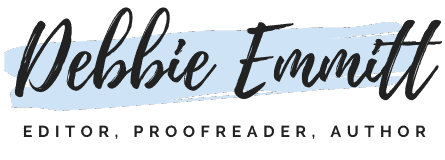
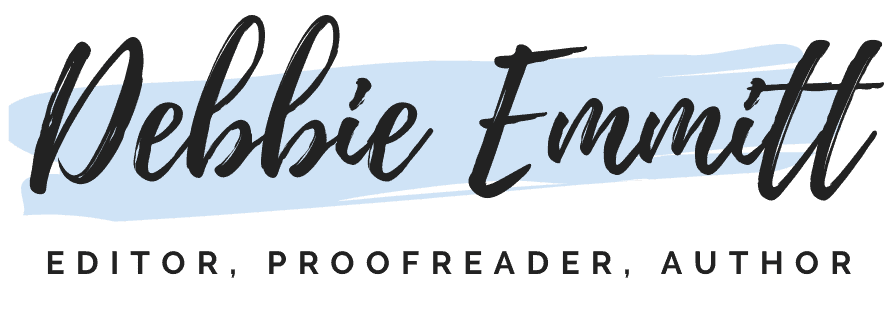
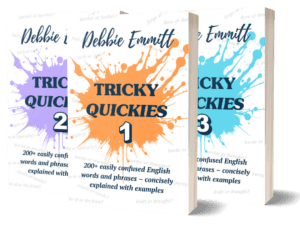
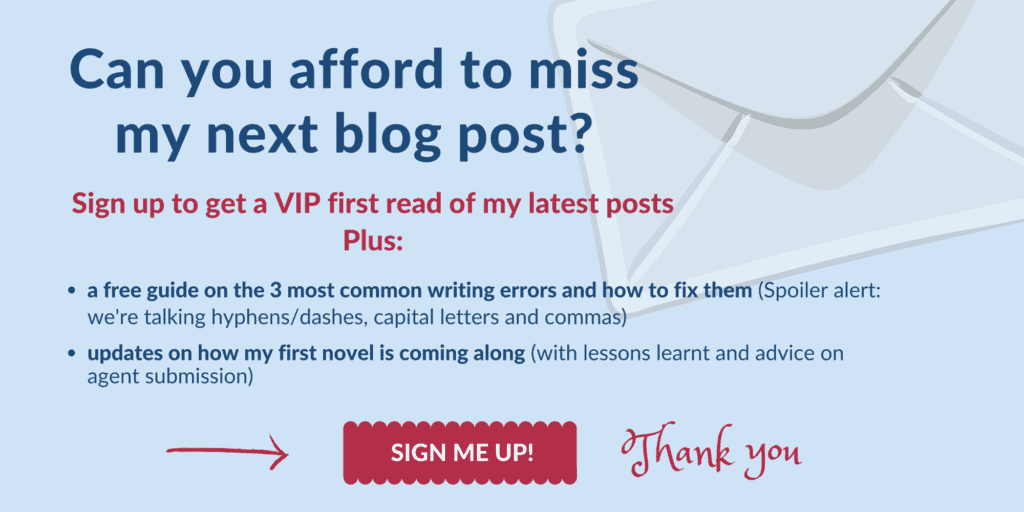

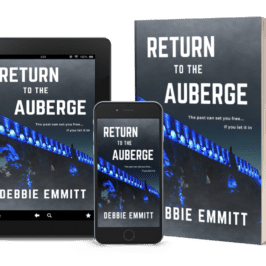




Leave a Reply